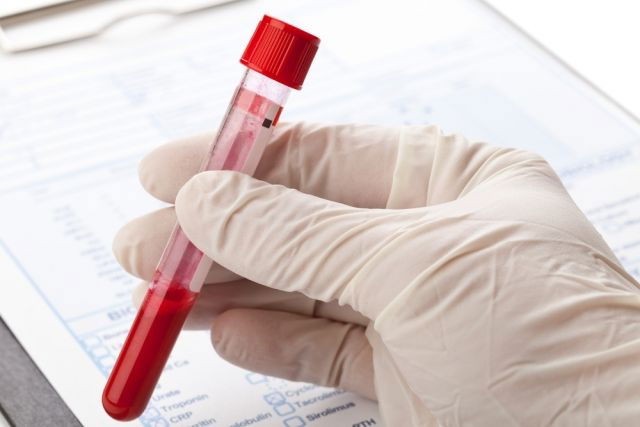What is it:
A CPK test is a blood test that measures the amount of creatinine phosphokinase (CPK) circulating in the blood. CPK is an enzyme found in skeletal muscle, the heart and the brain that is released when these organs become injured or damaged.
High CPK levels are often associated with conditions like a heart attack, a stroke or muscular injury. There are different types of CPK that can help to pinpoint where the damage is coming from.
While a CPK test is sensitive and results can identify certain abnormalities, this test is not wholly specific and it can be difficult to pinpoint the exact location and severity of damage. This is why CPK tests are often used alongside other test results to confirm a diagnosis.

CPK levels
Although reference ranges can vary from lab to lab, a normal CPK level is usually between 20 to 200 IU/L.
See the table below to determine what high or low CPK levels may indicate:
Fasting is not required for CPK tests, however you should discontinue exercising for at least 2 days prior to the test, as intense physical activity can produce inaccurate results. Certain medications, like anphotericin-B and clofibrate should be discontinued as per the ordering physician’s instructions.
If the test is ordered to investigate for a heart attack, total CPK and CPK-MB should be calculated using the following formula: 100% x (CK-MB / total CK). Values over 6% are indicative has cardiac muscle damage, while values under 6% may be a sign of a skeletal muscle injury.
What is this test is used for?
A CPK test is useful in reaching diagnoses like a heart attack, kidney failure, and lung failure, among other conditions. There are 3 variants of CPK, all which are usually found in different areas of the body,
- CPK-BB, which is found in smooth muscle or other non-muscle tissues like the brain
- CPK-MB, which is found in cardiac muscle and is used as a marker for a heart attack.
- CPK-MM, which is found in skeletal muscle.
CPK testing methods depend on the type of CPK test ordered. When investigating for a heart attack, for example, CPK-MB can be ordered and assessed with troponin and myoglobin levels.
CPB-MB levels tend to increase 3 to 5 hours after a heart attack and reach their peak up to 24 hours after. It usually normalizes within 48 to 72 hours. Although this is a good cardiac marker, it it often ordered with troponin testing. Troponin only normalizes about 10 days after a heart attack, making it a more reliable and specific cardiac marker. Read more about the troponin test and what normal levels should be.






























